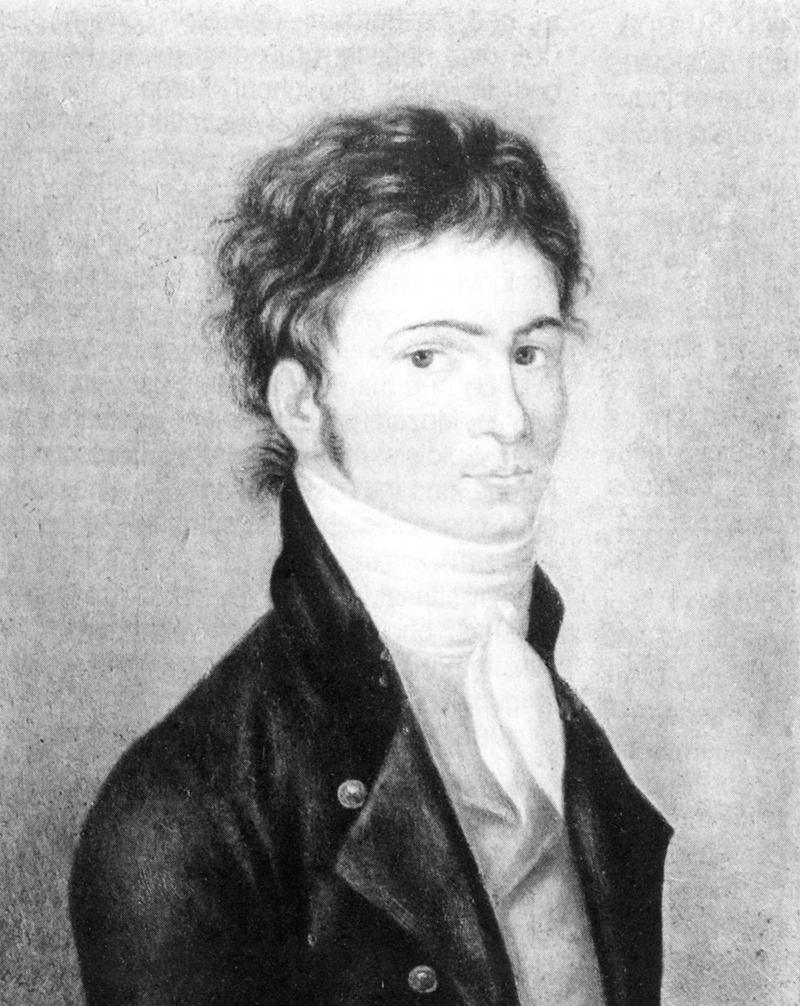
It may be hard to believe but get this: Beethoven was scared of string quartets. Composing for one was known to be a difficult medium, one that forced composers to show their true colours.
It was not till the age of thirty – after extensive lessons and transcribing Haydn’s quartets – that Beethoven felt confident enough to publish six quartets. Many musicologists consider his string trio’s opus 9 (published 3 years earlier) to be practice rounds, devaluing their quality unfairly. And we would love to convince you otherwise.
Composing a string trio is nearly as difficult as a quartet. It is difficult not to make one sound ‘dull and flat’. And then there is the fact that at the end of the 18th century, string trios had just been invented so there was less pressure on composers. This might have informed Beethoven’s decision. After he settled in Vienna in 1792, he started following lessons with Salieri and Haydn. He was not too happy with the latter. Haydn and Beethoven did not get along, Meanwhile, Beethoven had been making a name for himself as pianist and composer. He had published his piano trio’s opus 1 and he had been asked to compose dance music for the prestigious artists ball. When Haydn returned to Vienna after his triumphs in London and was offered a welcome concert, Beethoven was asked to perform one of his piano concertos.
Three times three is (opus) 9
While Beethoven’s first string trio, op. 3 is at the same time amusing and straightforward and the second (op. 8) is not called ‘Serenade’ for no reason, the third one (op. 9) is on another level entirely.
And opus 9’s third trio especially, is something else. It is apparent from the start, before a single note is played, because the composition is written in C minor; a key pre-eminently used to convey intense drama and tragedy. Beethoven’s compositions in C minor often have an air of heroism about them, for example his sonata ‘Pathétique’ and his Symphony No. 5.
Opus 9 no. 3 does not beat around the bush. The instruments start out playing the same descending threatening four note motive. The message is clear: ‘this is serious business’. The music changes into something more energetic. Tension rises with intense chords and dissonant chords accompanied by a nervous sounding baseline. The opening motive keeps returning in a harmonically ‘hostile environment’. The second movement is slower and contains a range of emotions, from Olympic tranquillity to intense drama. The composer uses double sounds in order to enhance the harmonic richness. The scherzo that follows is somewhat demonic. It is a nervous energy made up of contrary accents, that is present till the finale. The opening theme is reminiscent of the finale of Beethoven’s first string quartet op. 18, which was released shortly hereafter.
Seldom live
Opus 9 no. 3 is hardly ever played live. There are simply more travelling string quartets than there are string trios. For this reason, the Concertzender will devote an entire episode of ‘The Stroll’ to bringing this trio to light. During this hour we will also pay attention to the less intense, but no less beautiful first trio from opus 9.
Listening: Tuesday 5 May at 19 o’clock.
Thijs Bonger is programme maker and radio host








